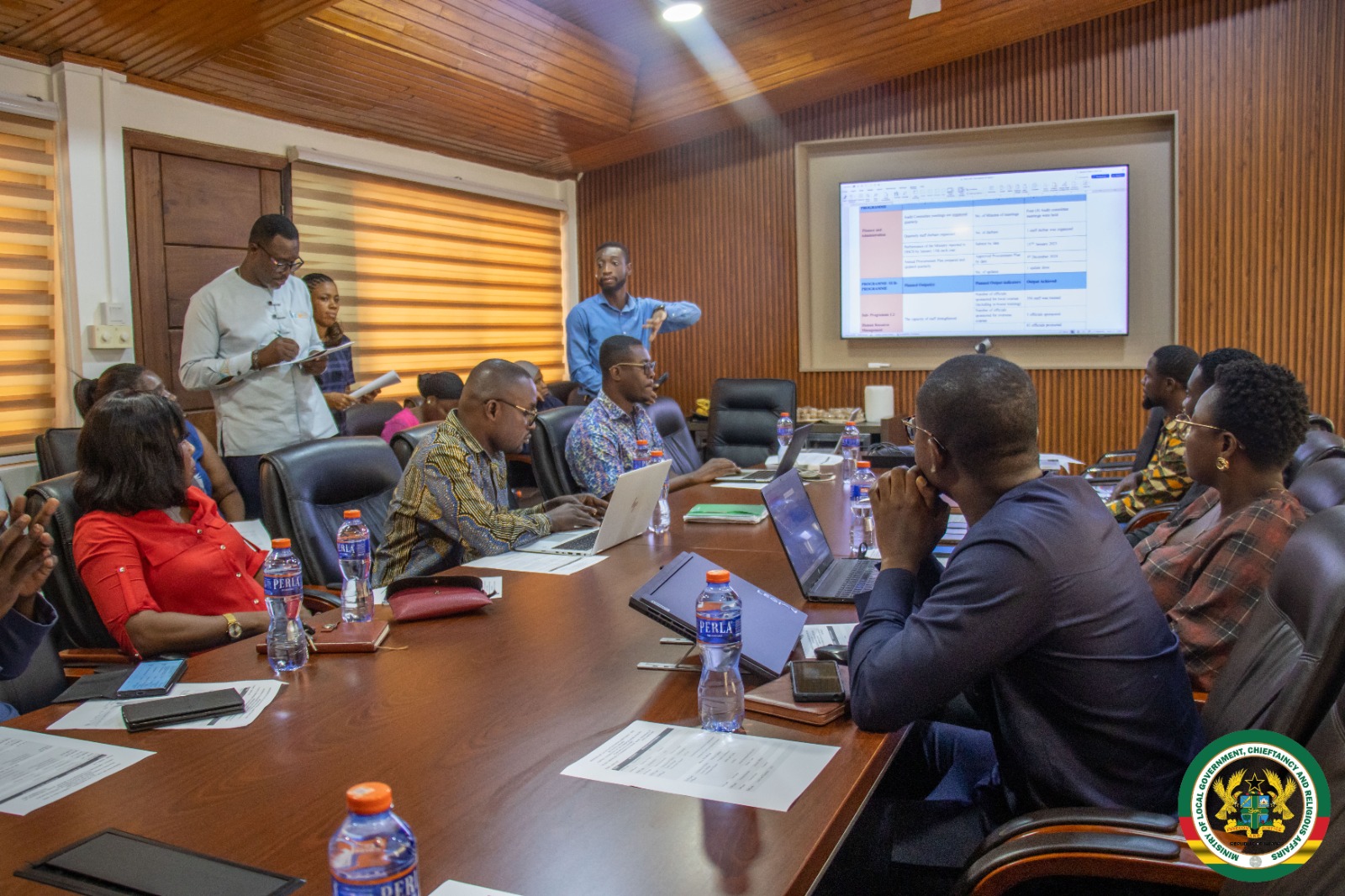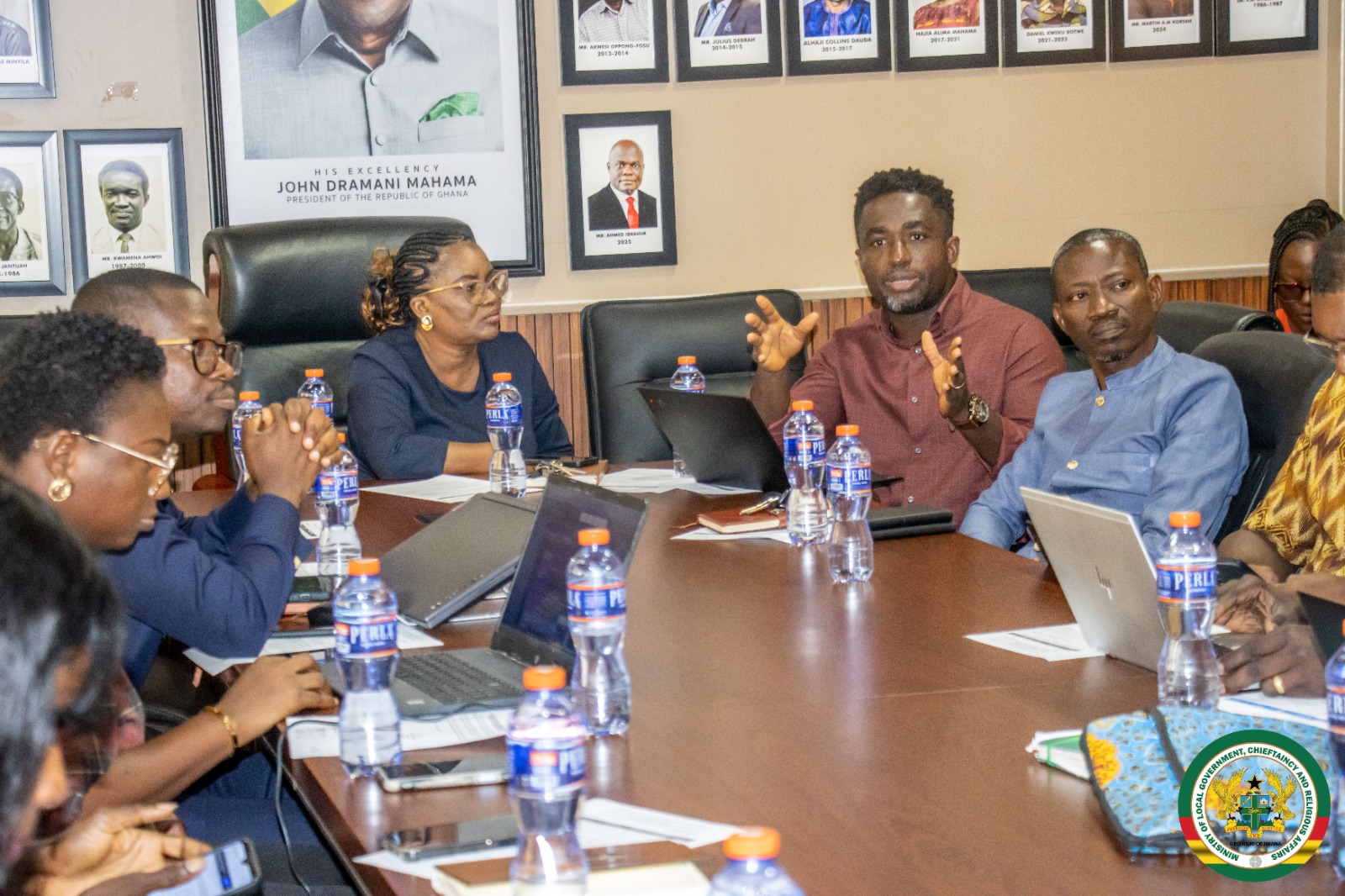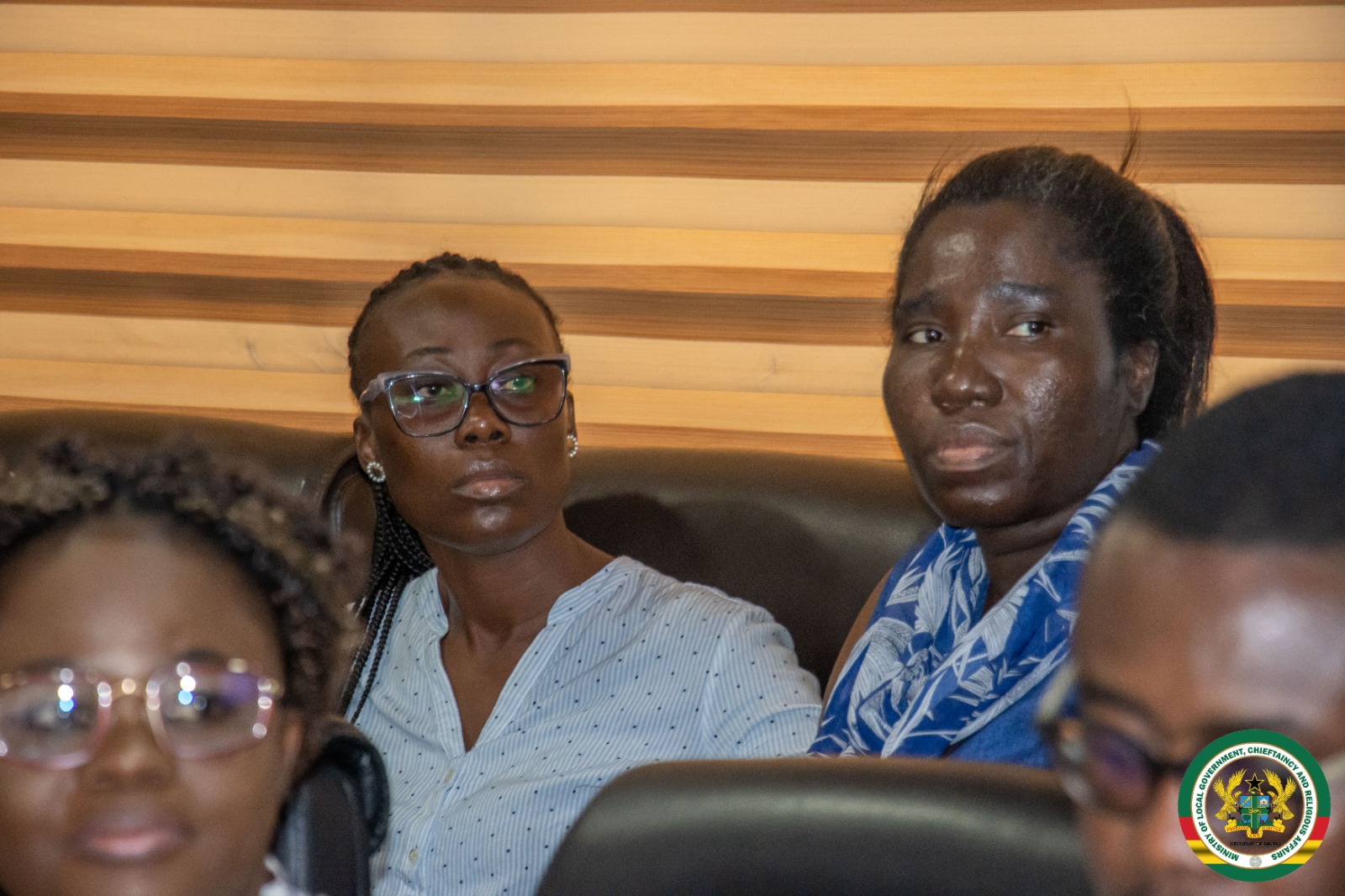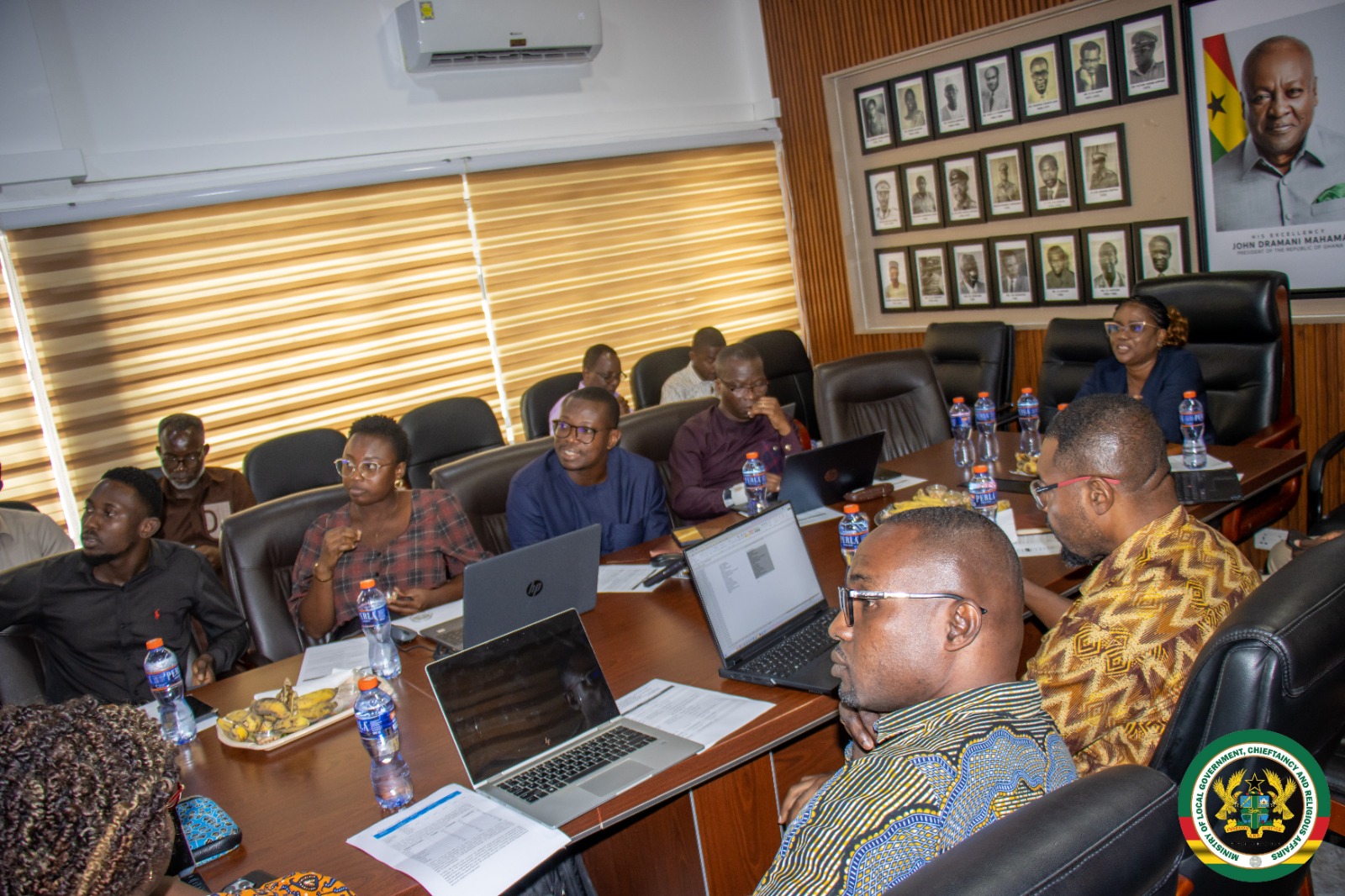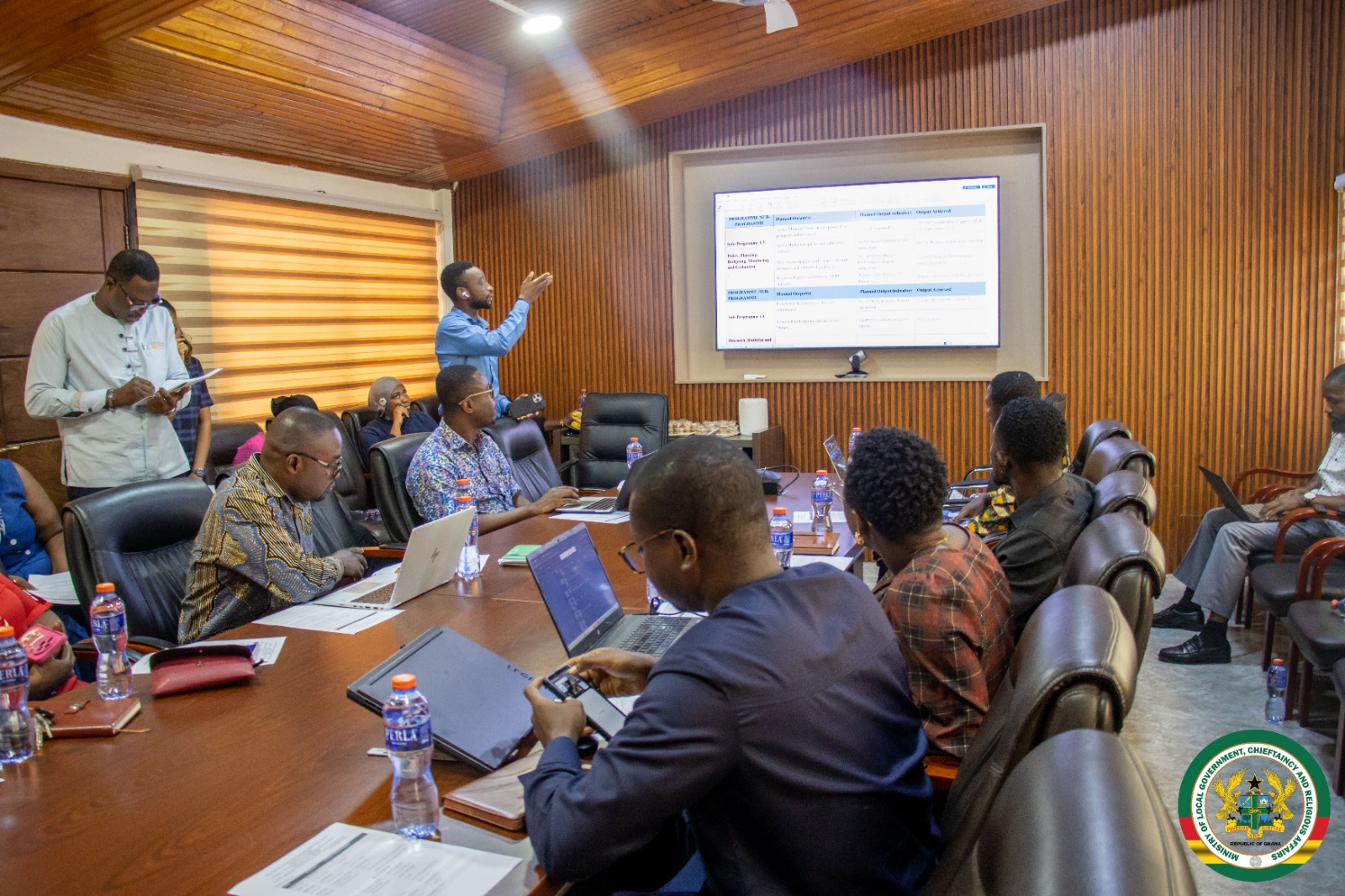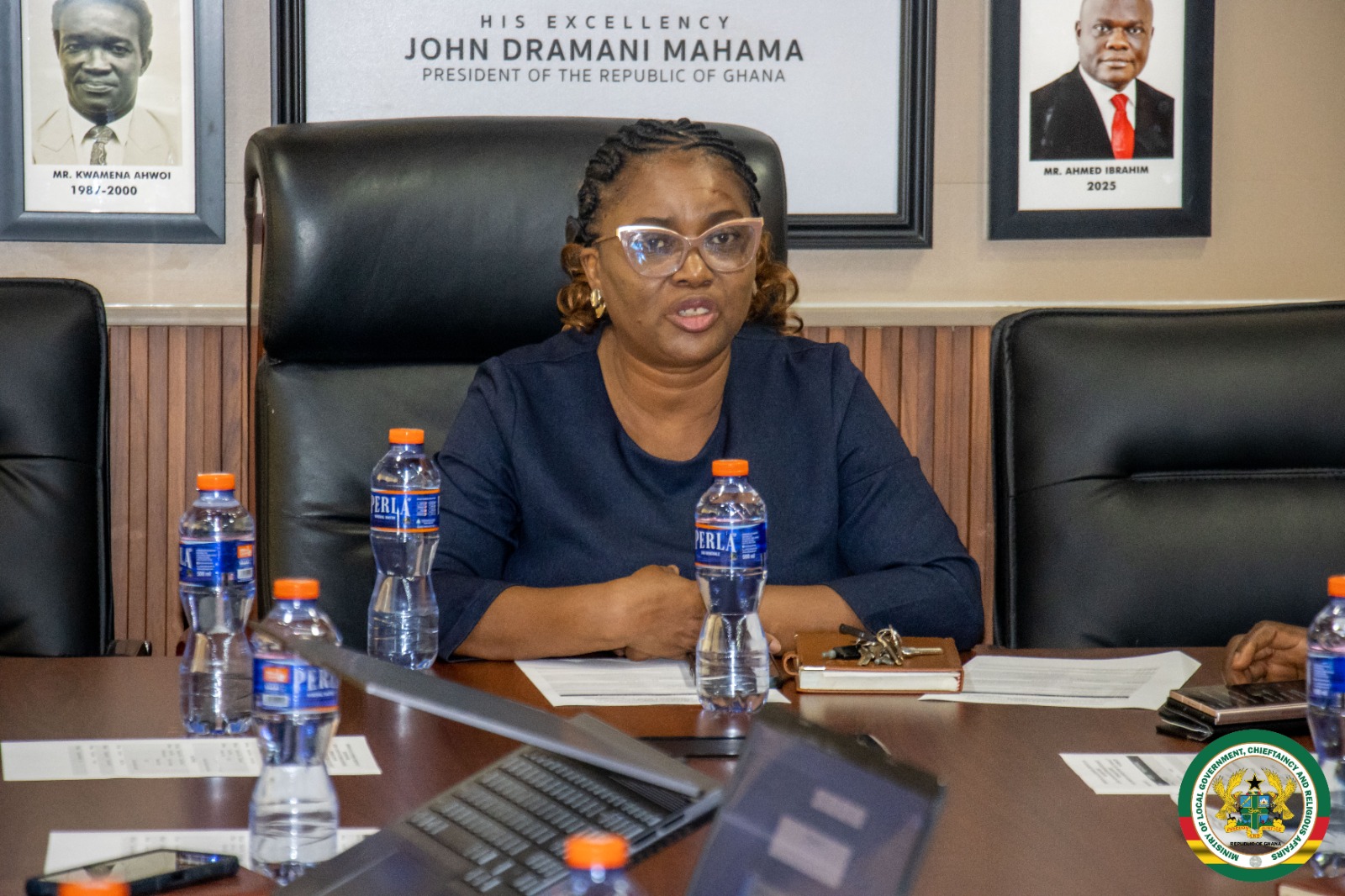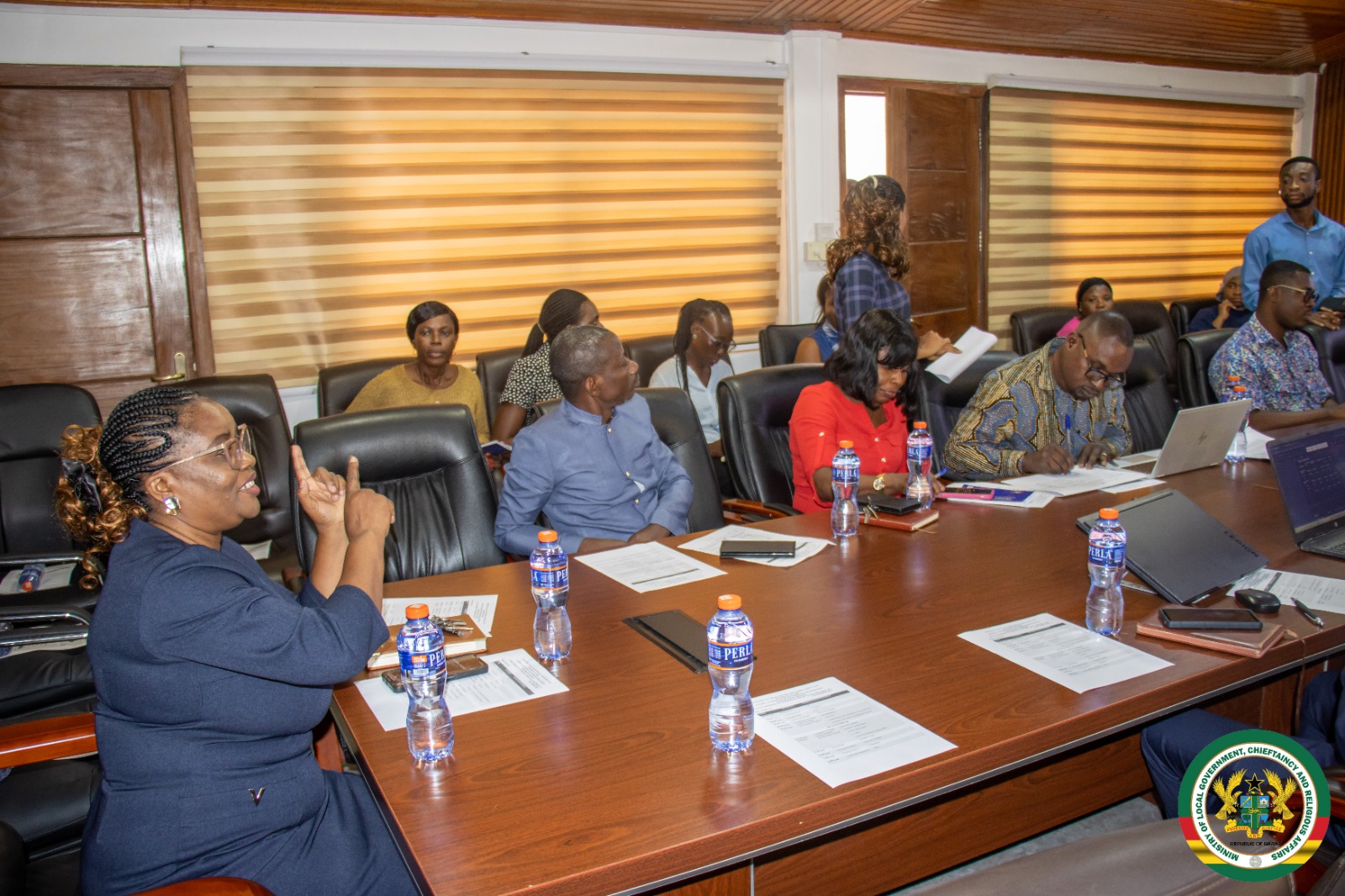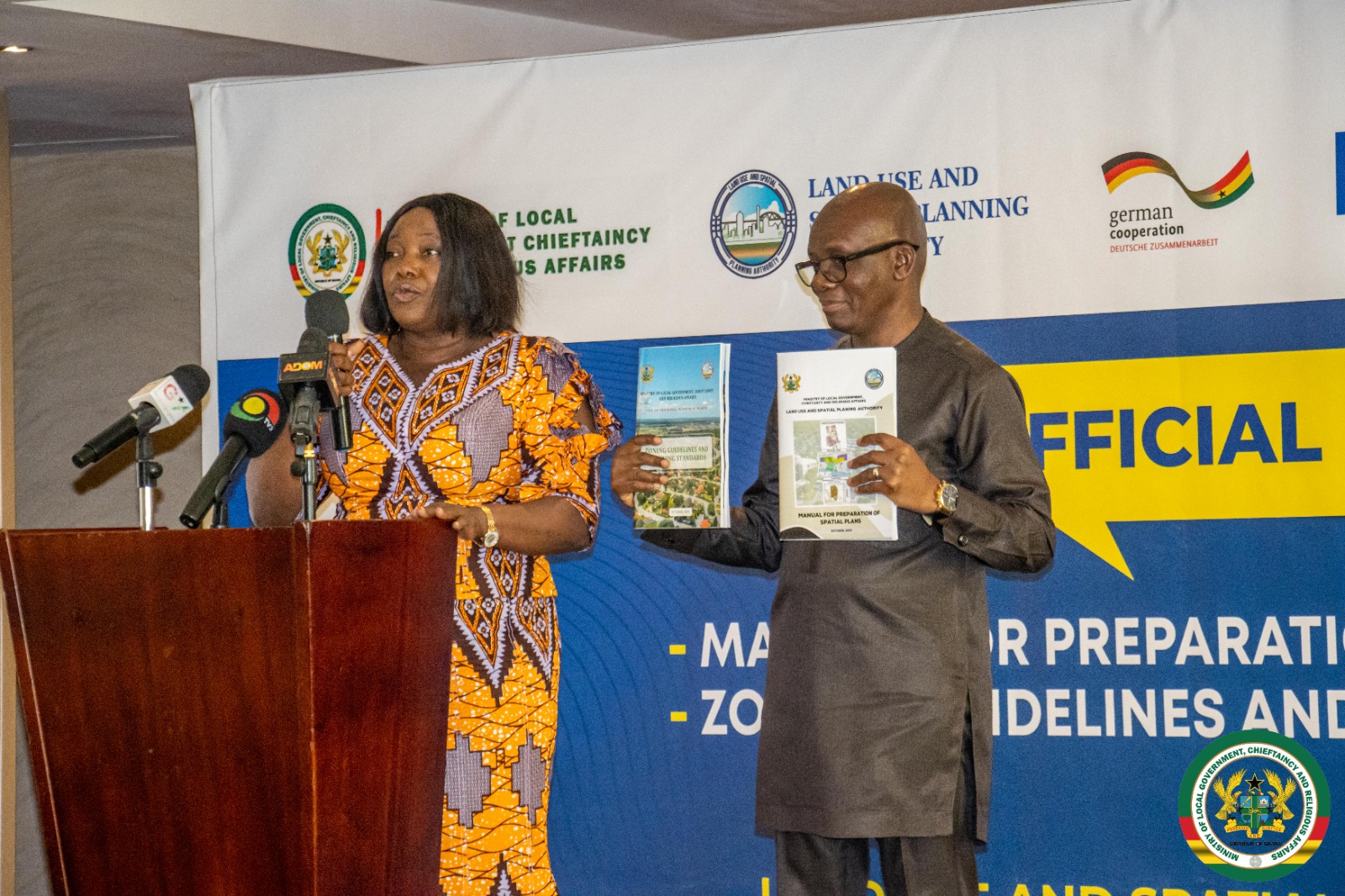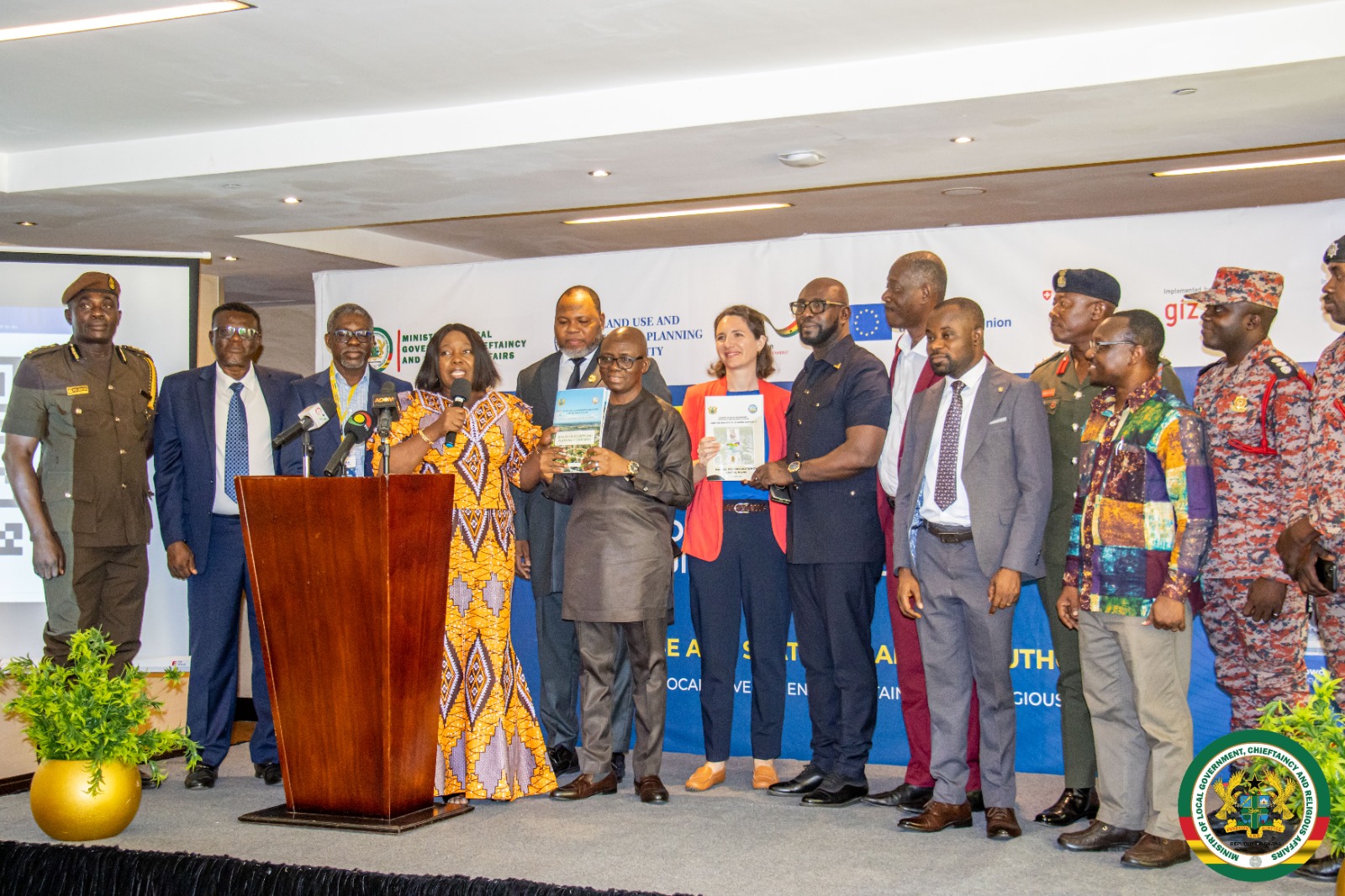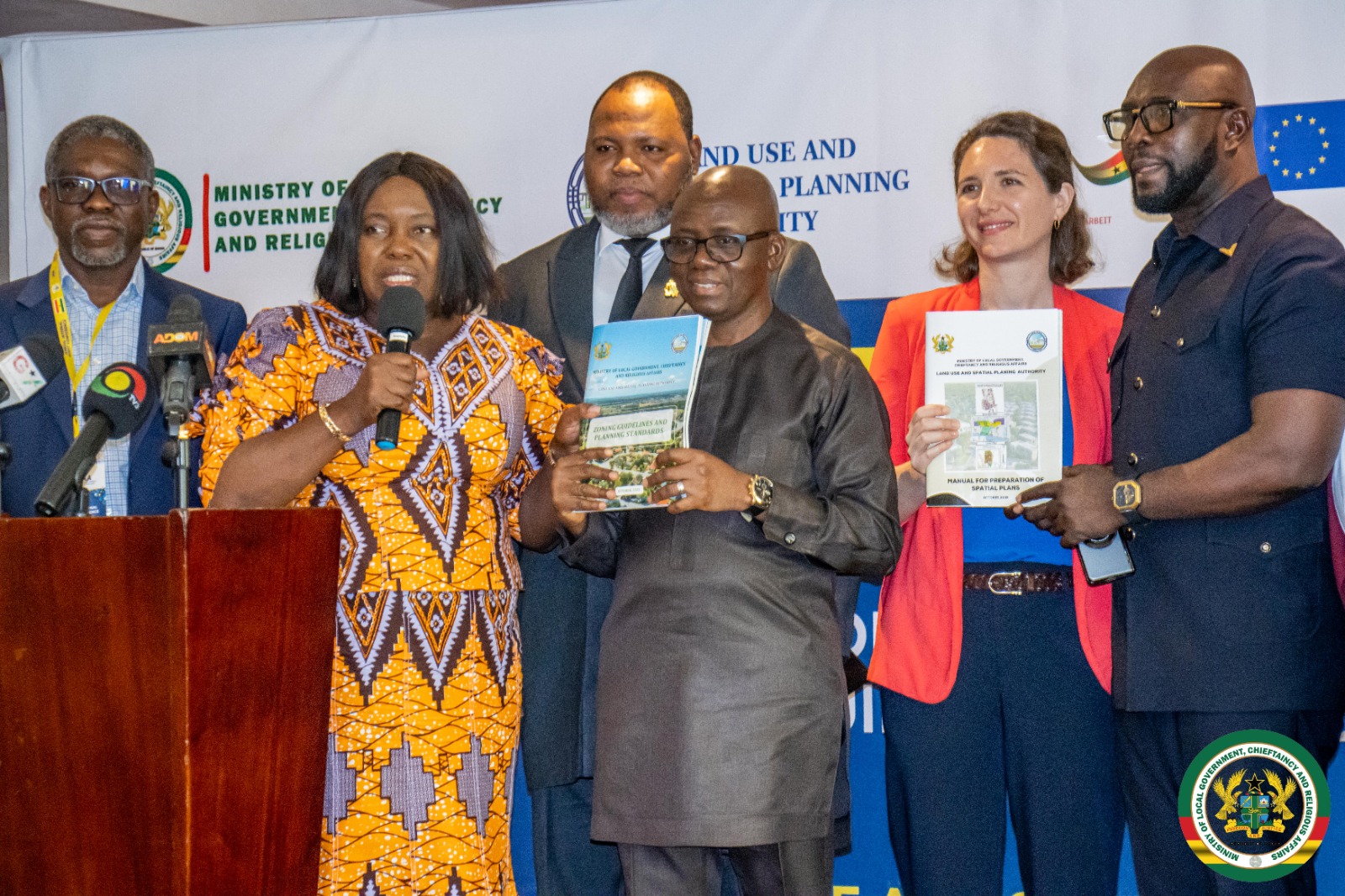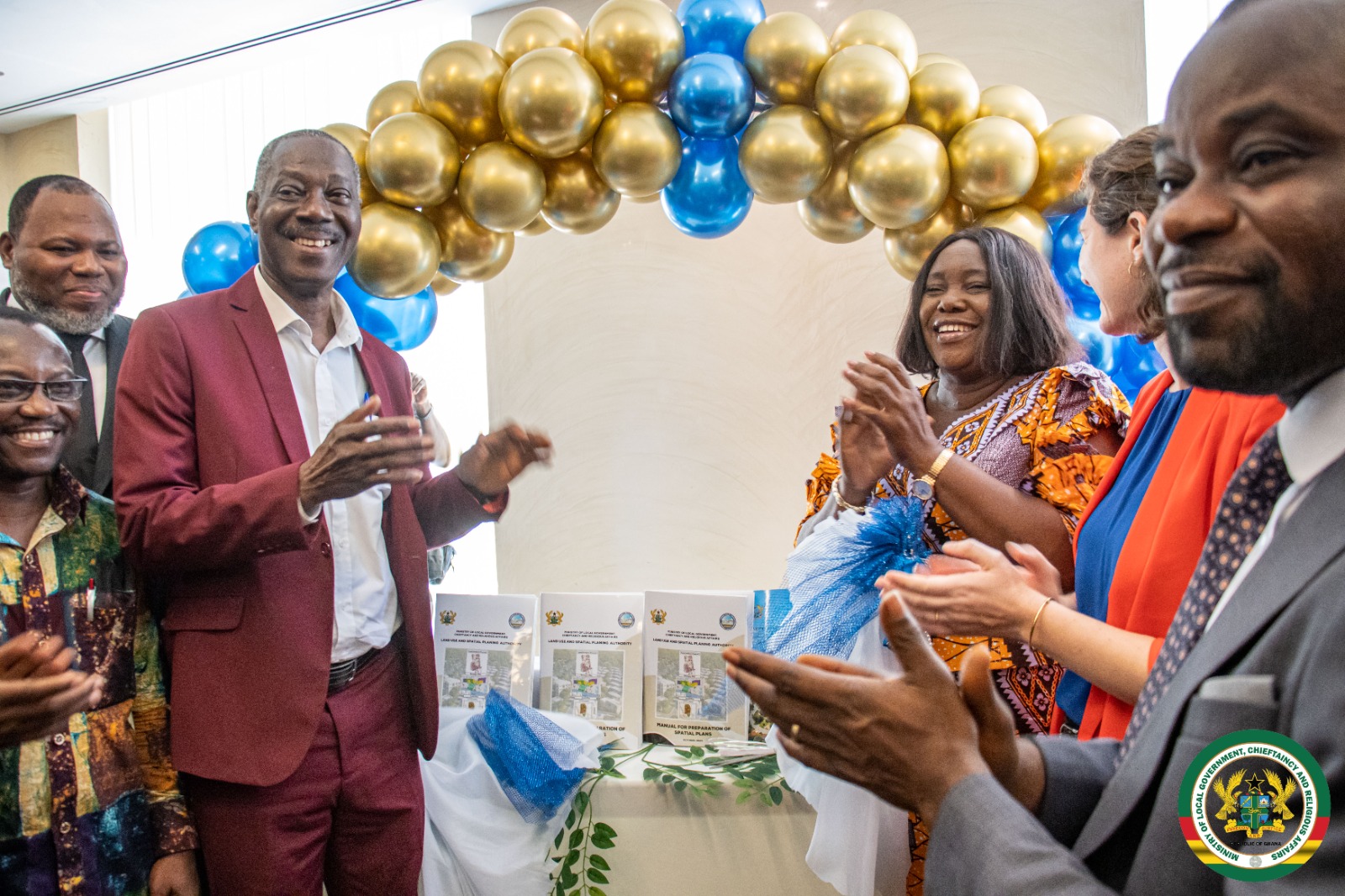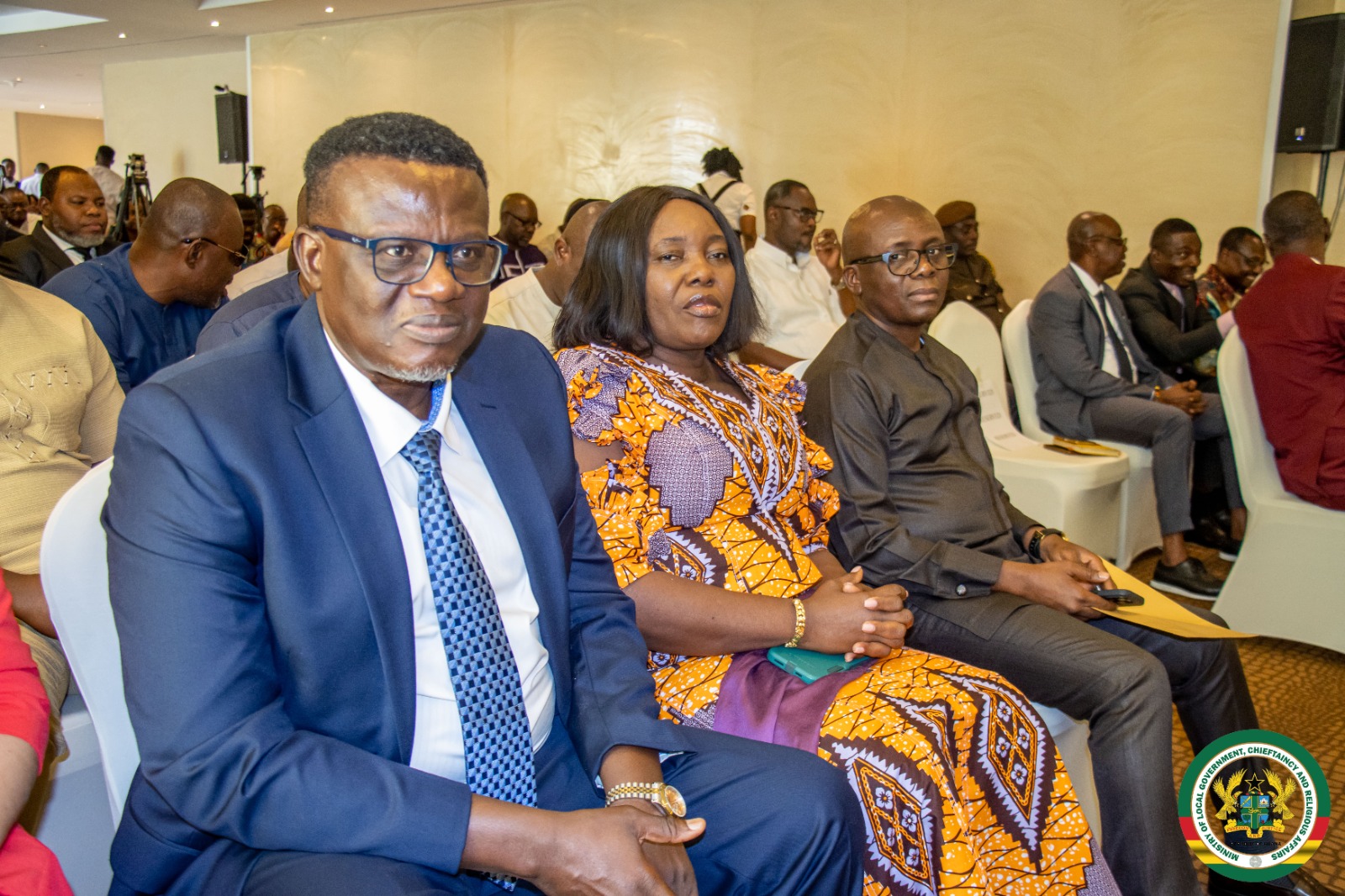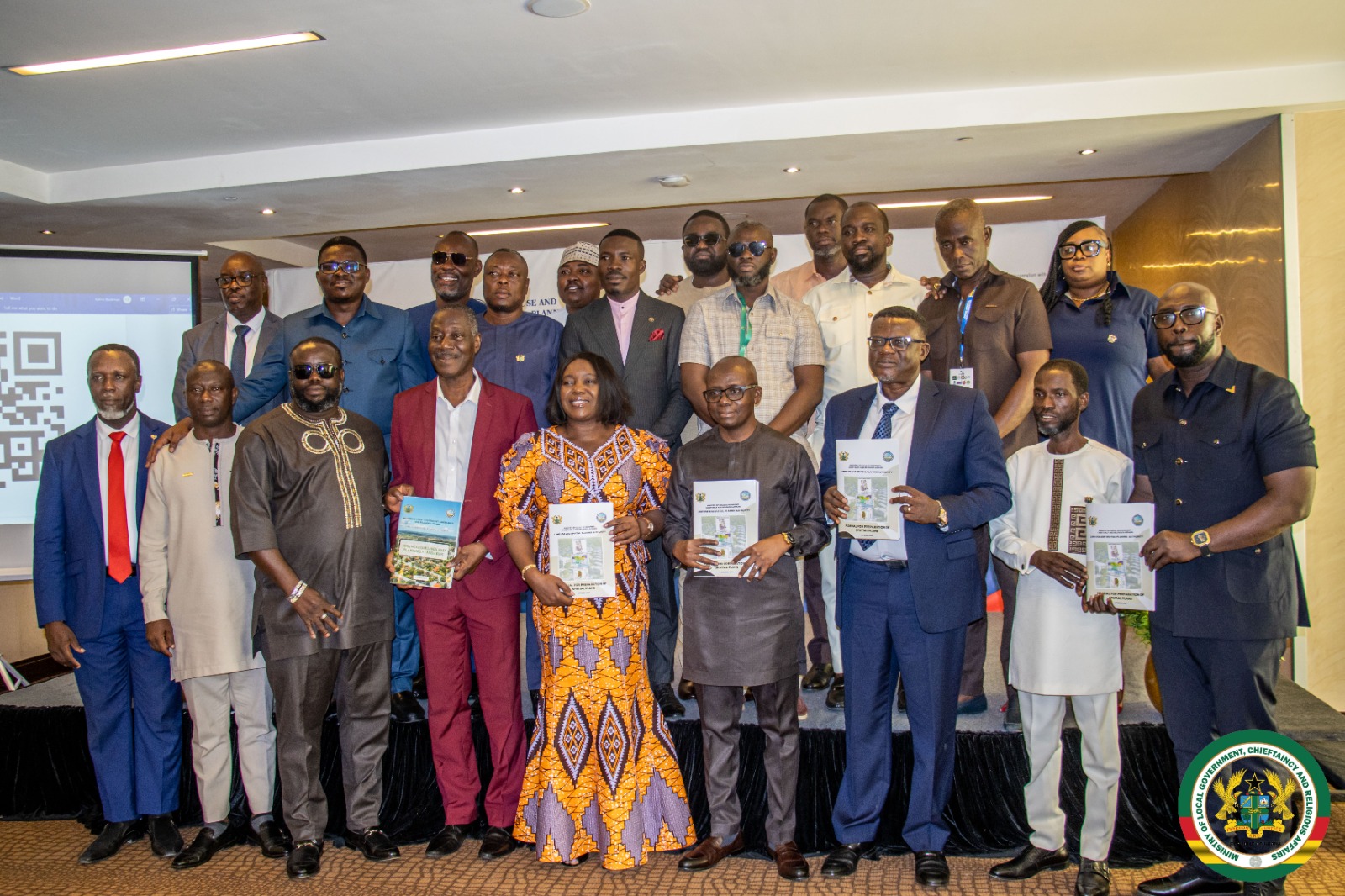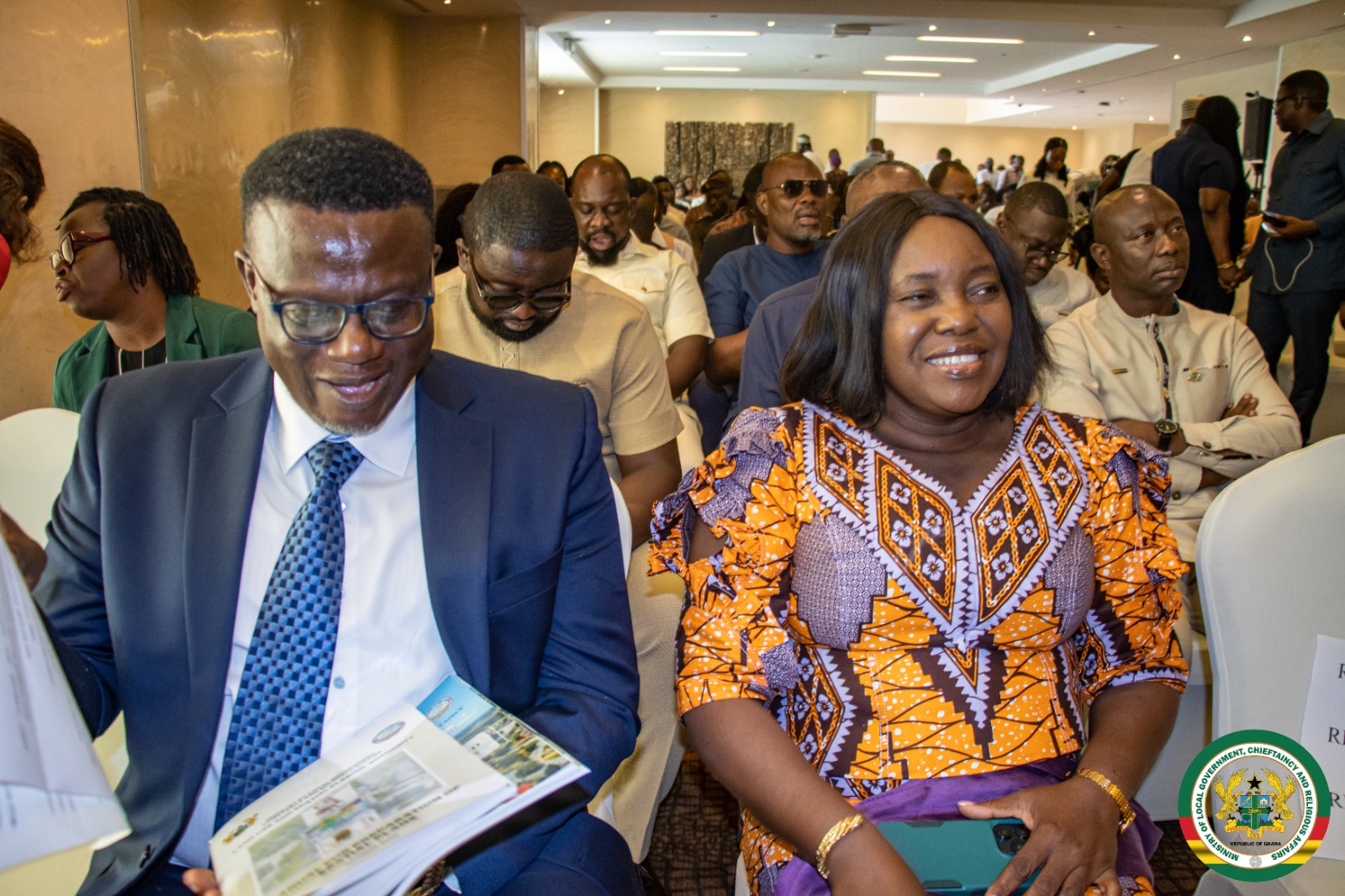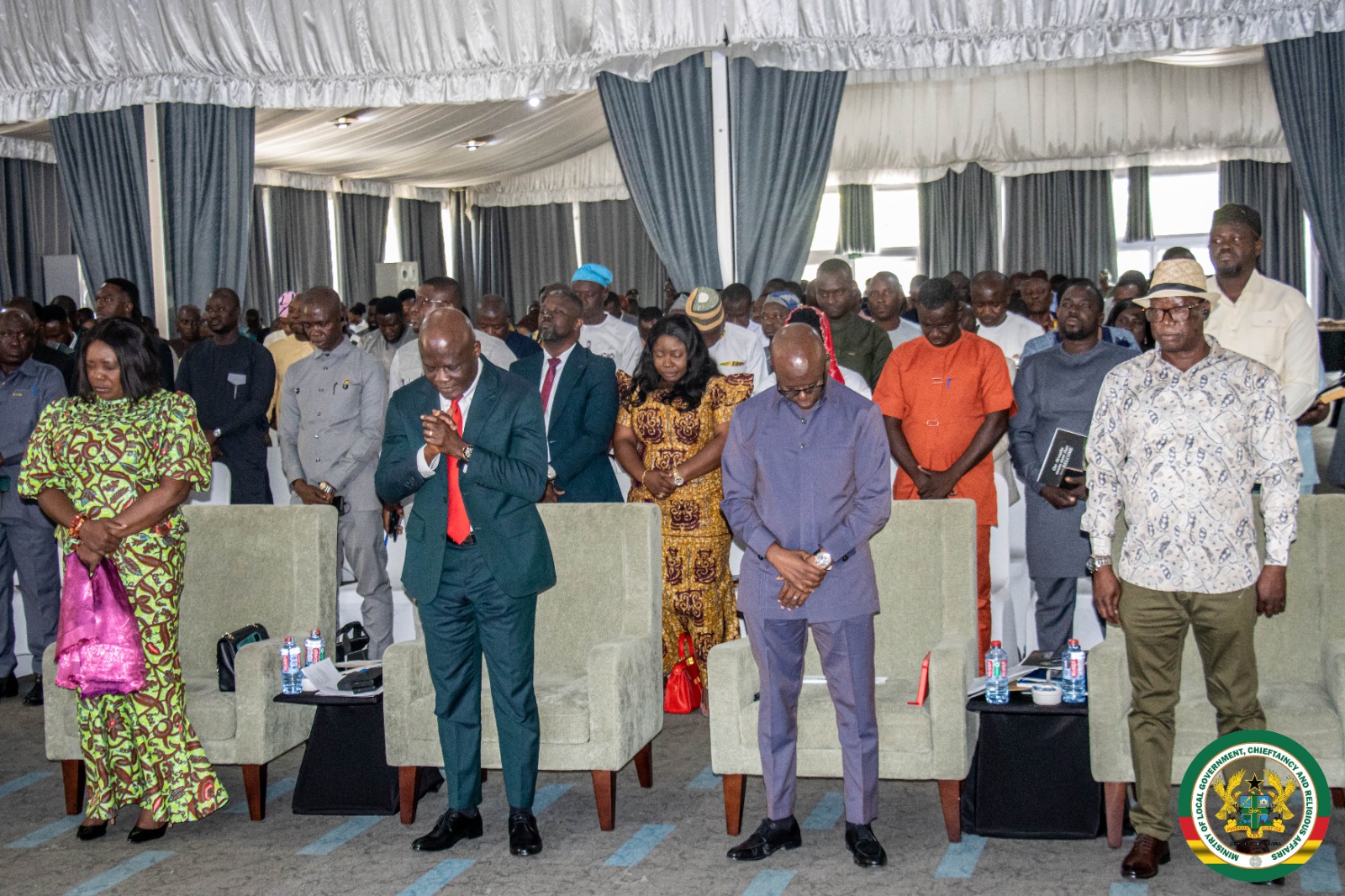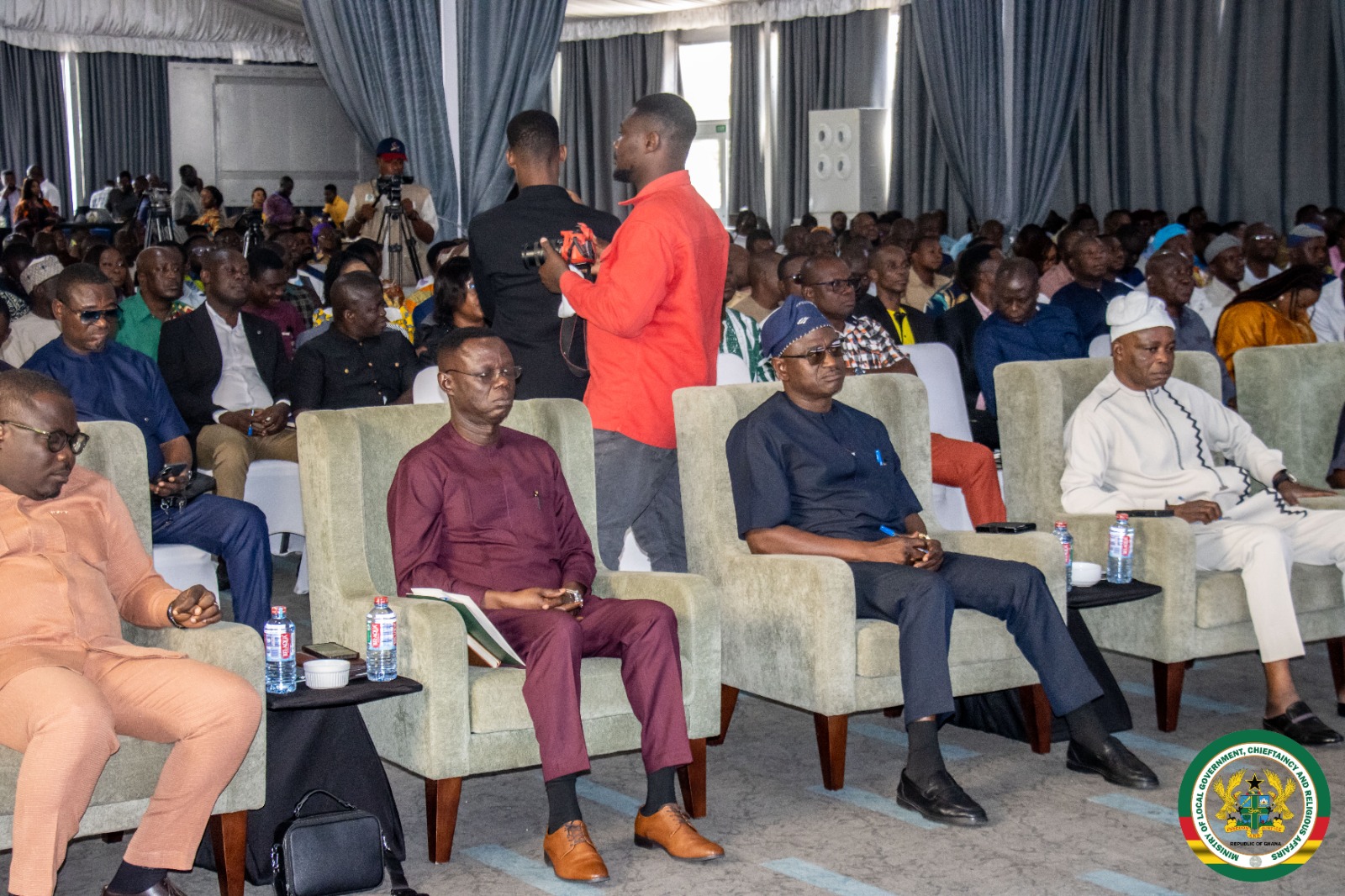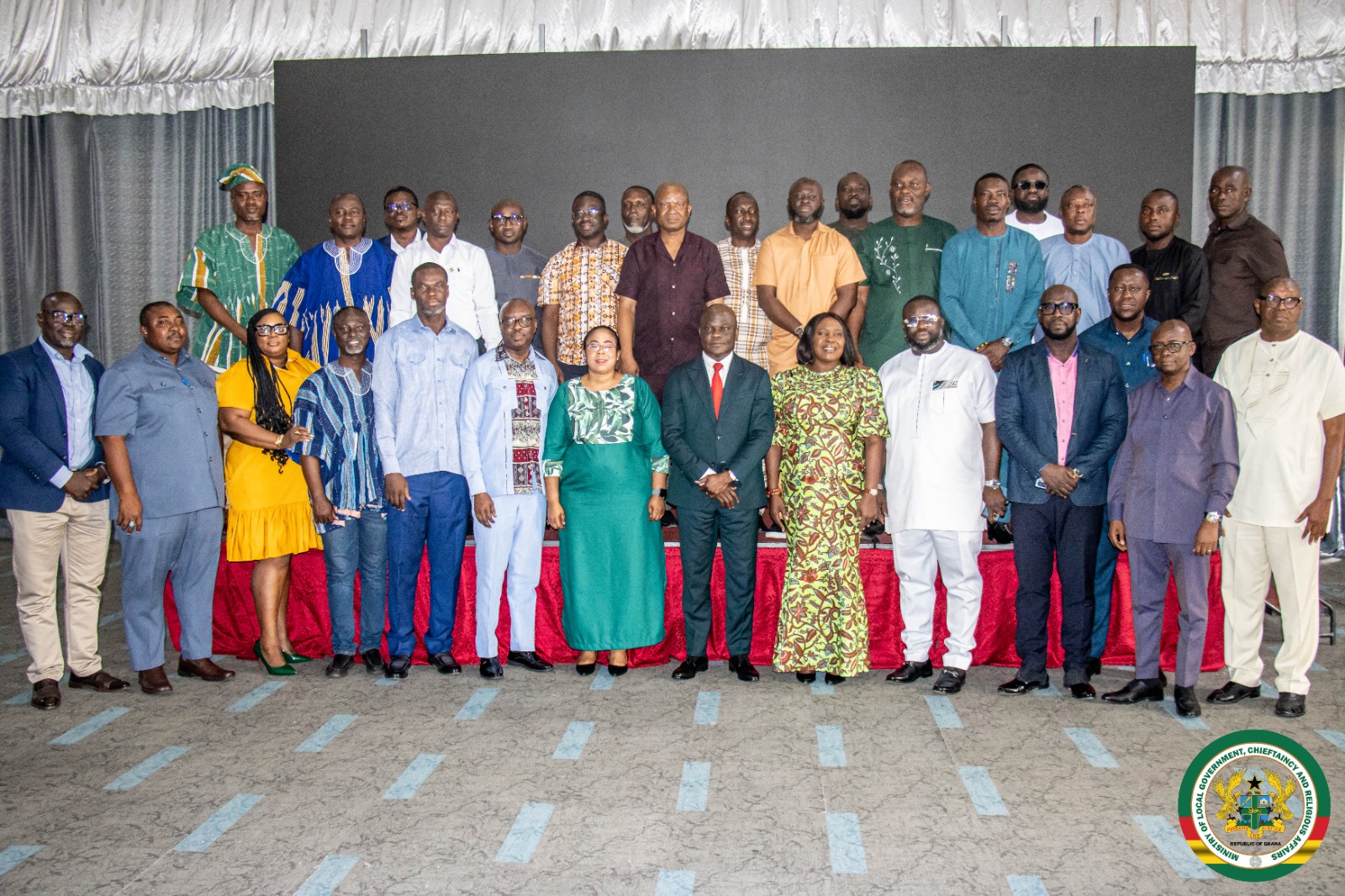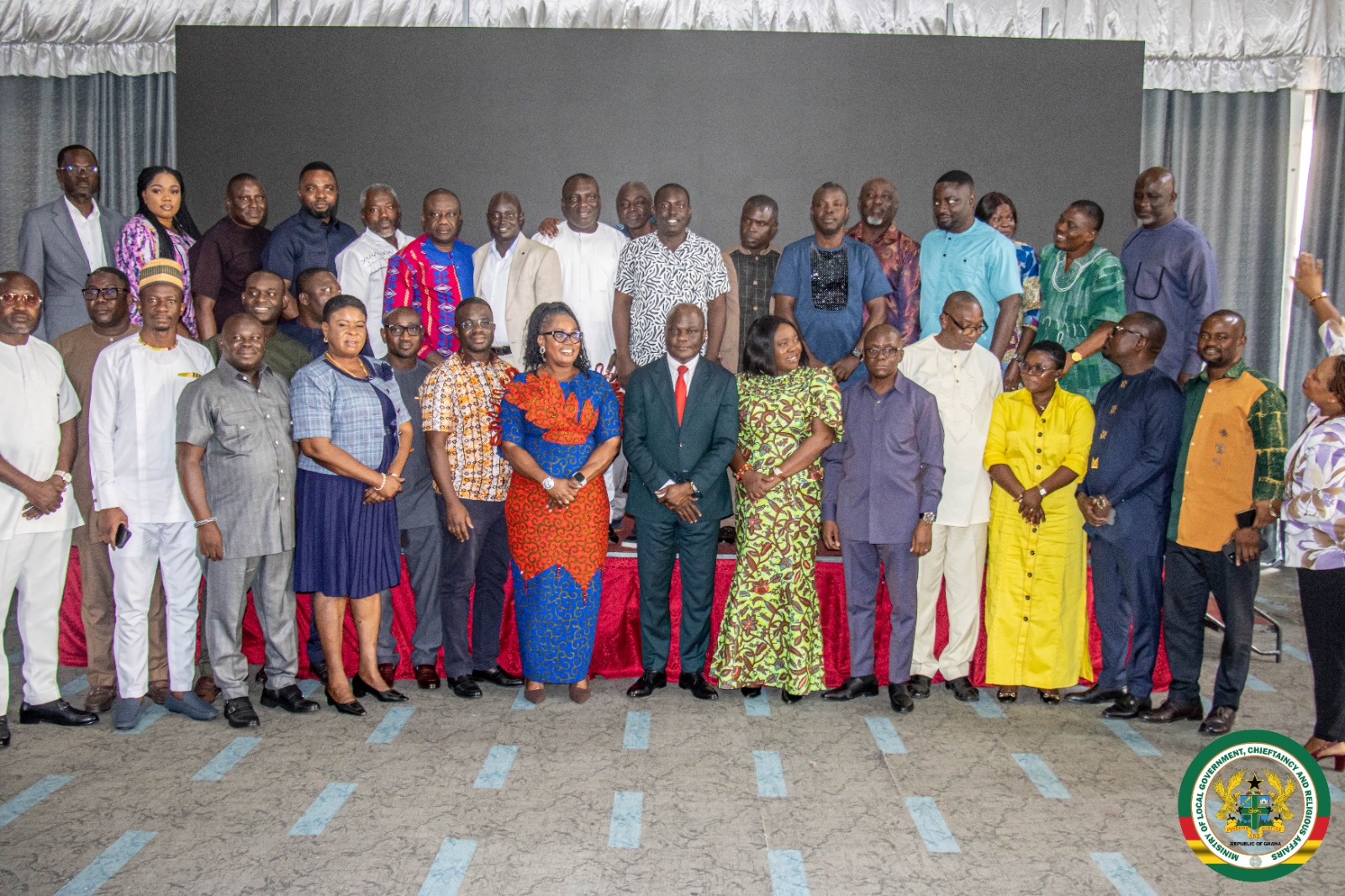The Minister for Local Government, Chieftaincy and Religious Affairs, Hon. Ahmed Ibrahim, has announced that the newly introduced 24-Hour Model Market Initiative will play a pivotal role in reducing congestion in Ghana’s major markets while enhancing productivity and local economic growth.
Speaking at an orientation session for Regional Ministers and Metropolitan, Municipal and District Chief Executives (MMDCEs) held on Tuesday, 4th November 2025 in Accra, Hon. Ibrahim described the initiative as a bold and transformative step towards re-engineering Ghana’s market infrastructure and improving livelihoods under government’s flagship programme, the 24-Hour Economy and Accelerated Export Development Programme, championed by President John Dramani Mahama.
According to him, the 24-hour market model is designed to ease overcrowding and trading pressure during daytime hours by extending operations into the night, adding that the model markets will not only serve as trading spaces but also as vibrant economic hubs that operate 24 hours a day and seven days a week. This he noted will allow traders to expand operations, access new customer segments, and improve their incomes.
Hon. Ibrahim explained that the markets would be equipped with modern facilities including cold storage units, sanitation systems, digital payment infrastructure, childcare centers, police and fire posts, with proper lightening system to always ensure safety and convenience for both traders and customers.
The Minister emphasized that the initiative aligns with the Local Economic Development (LED) Policy (2024–2029), which emphasizes the need for modern economic infrastructure to support micro, small, and medium enterprises (SMEs). He noted that over 85% of Ghana’s businesses fall within the SMEs category, underscoring the government’s commitment to inclusive economic growth.
He added that the markets would contribute to job creation, especially for women and youth, and help improve local government revenue generation through enhanced trading activities.
He noted that due to the standard design that will be replicated in all regions, the Ministry organized the orientation session to enable them meet the architects to explain the designs to them and also enable them understand the specification and charged the Regional Ministers and the MMDCEs to work keenly on the procurement process and ensure the project comes to fruition to serve its intended purpose, as this is one of the President’s deliverables which will also create revenue for the MMDCEs and create meaningful jobs and improve living conditions of the assemblies.
Hon. Ibrahim further called on the Regional Ministers and MMDCEs to take leadership in identifying and designating local economic zones suitable for 24-hour operations, ensuring security, sanitation, and efficient lighting systems to support the markets’ continuous operation. He urged them to align their Medium-Term Development Plans with the national 24-Hour Economy agenda to attract both public and private investment.
The 24-Hour Model Market Initiative, he noted, forms part of a broader ecosystem under the Build24, Fund24, and Connect24 components of the 24-Hour Economy Programme, designed to ensure sustainable infrastructure, financing access, and integration into national logistics systems.
Hon. Ibrahim stressed that the initiative is not a pilot but a national rollout, symbolizing government’s unwavering commitment to inclusive growth and economic transformation.
Source: Chantal Aidoo
Public Relations Unit, MLGCRA

